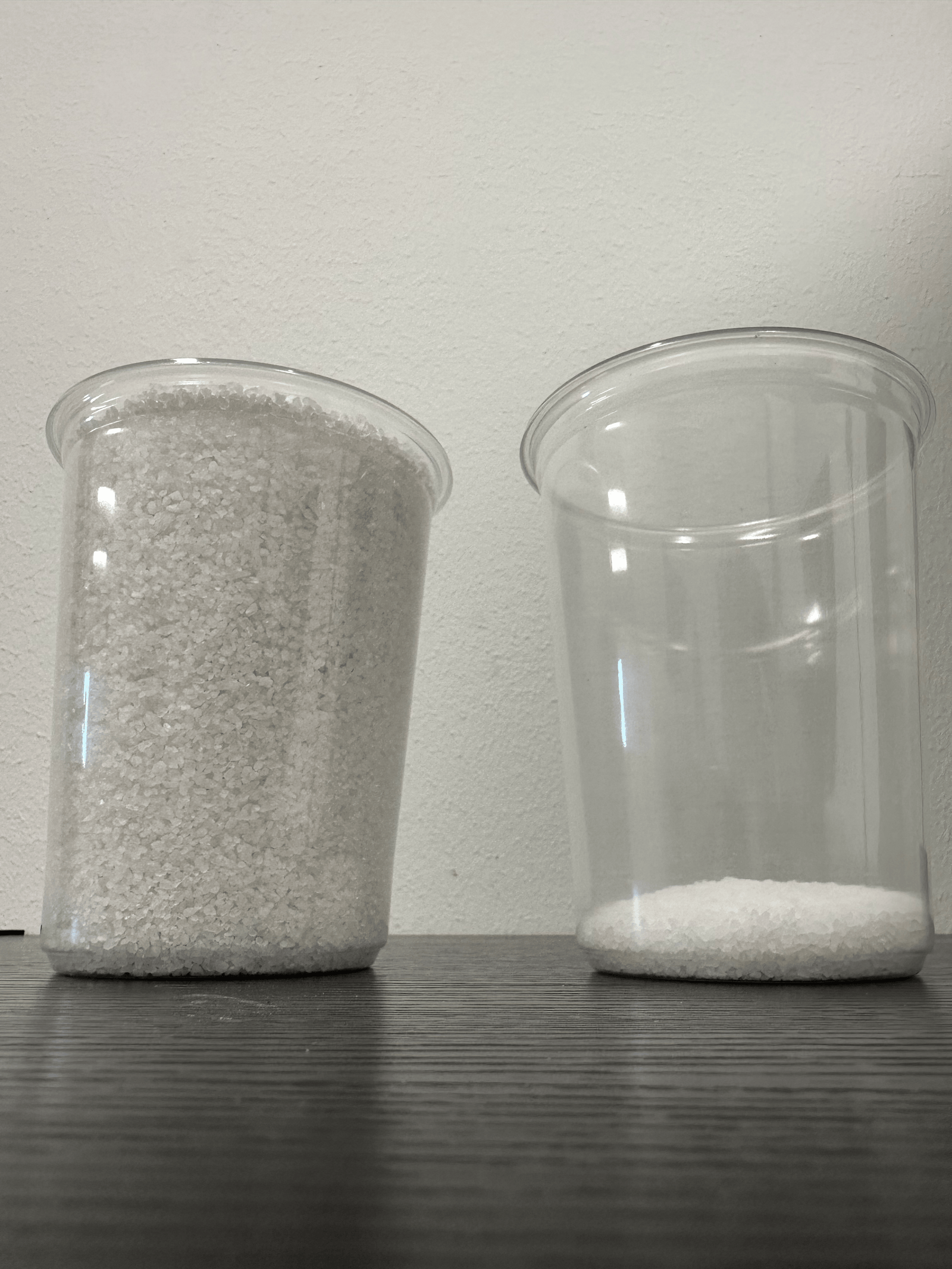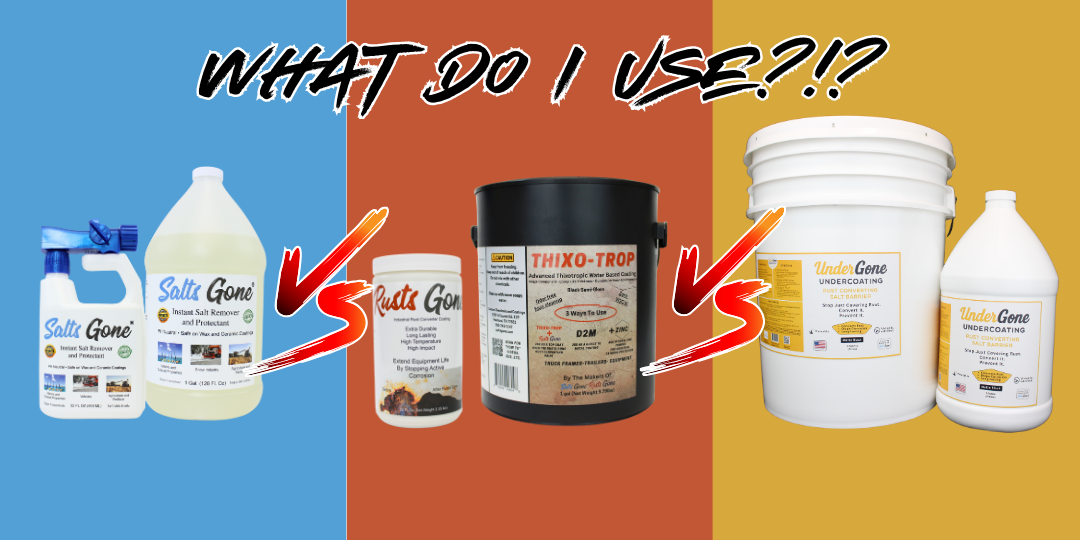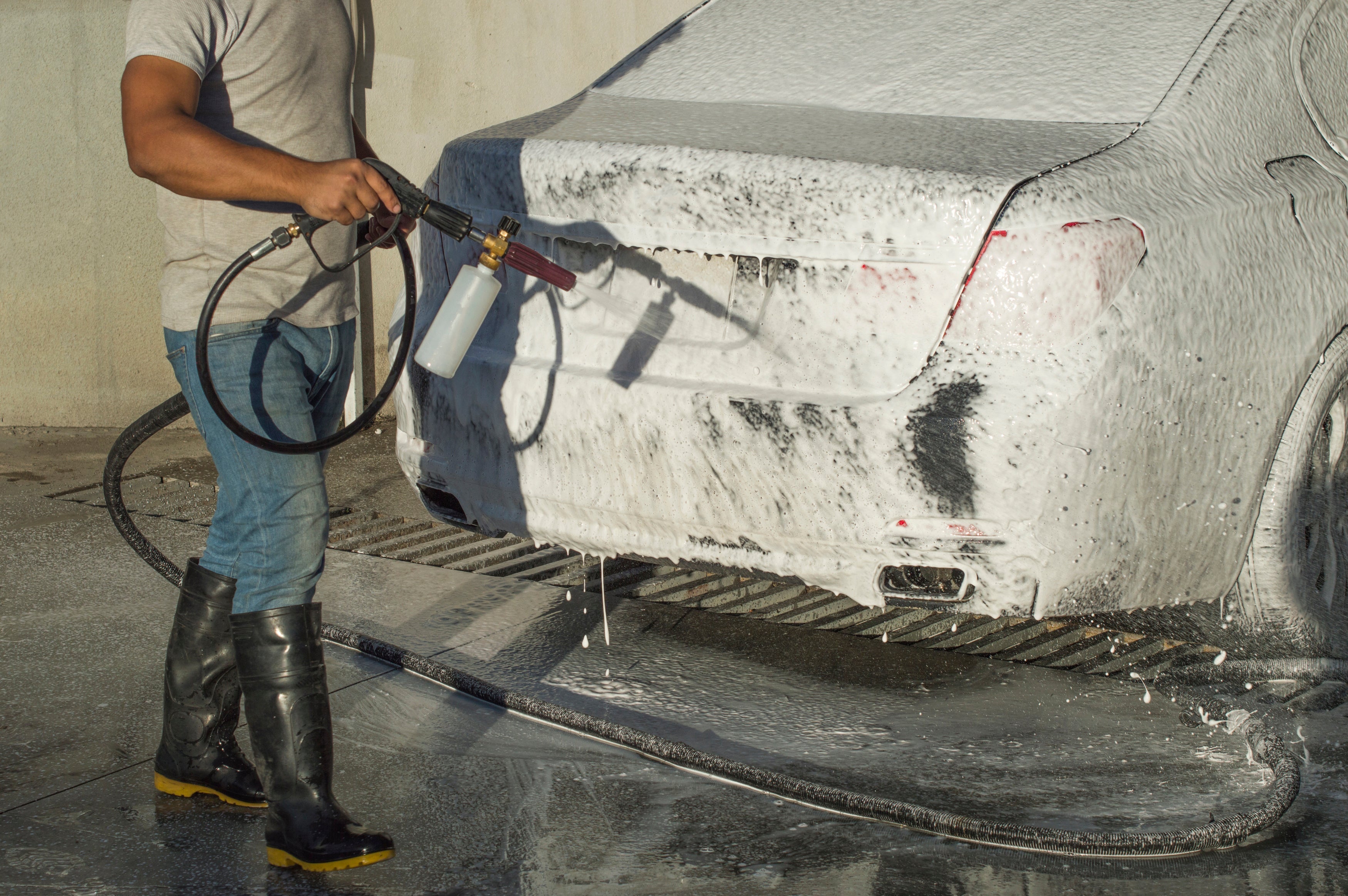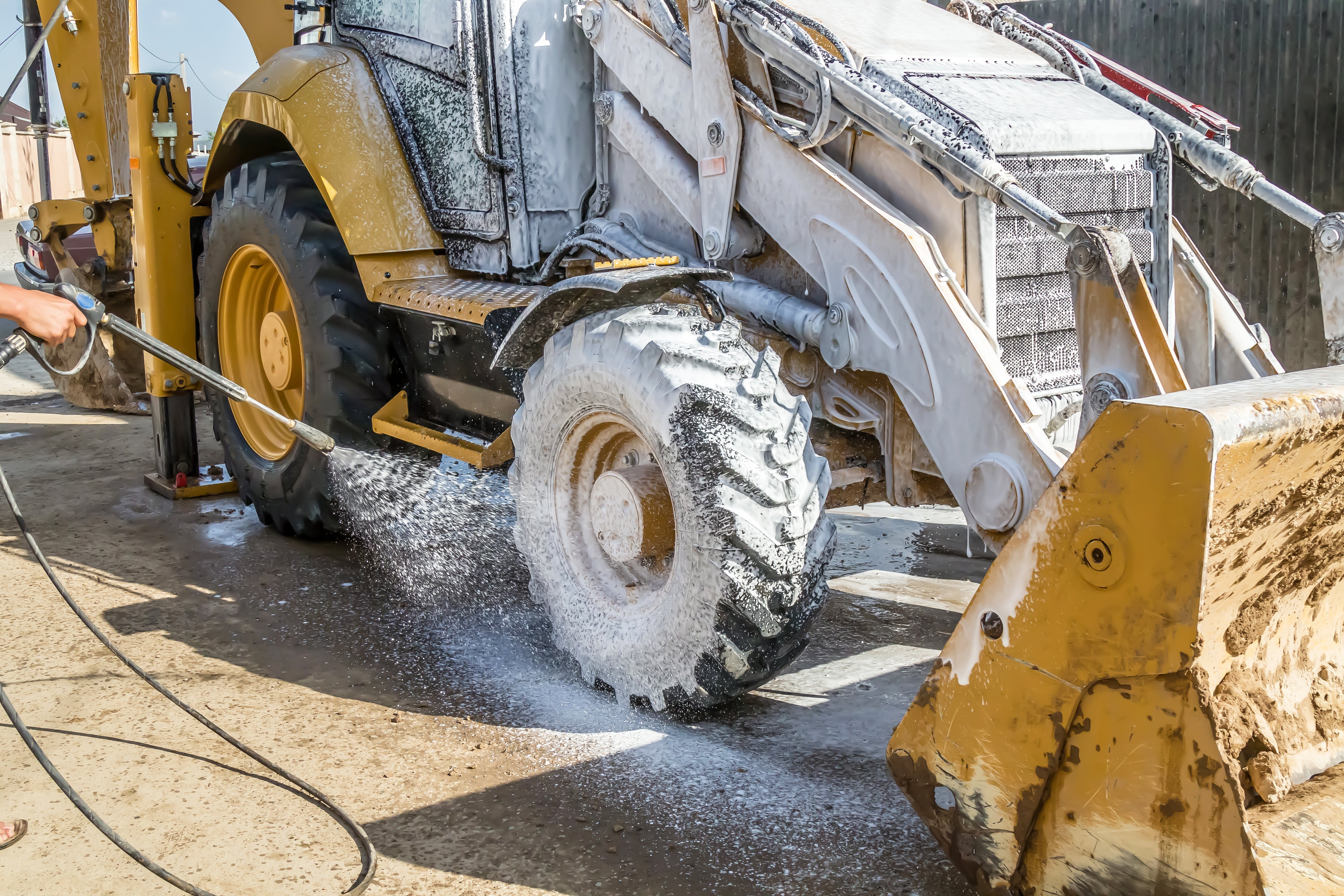Why De-Icing Brine Is Far Worse for Your Vehicle Than Seawater

Imagine this:
You’ve just driven your car along the beach, splashing through waves and coating your vehicle in salty seawater. Would you drive away without a second thought, or would you grab a hose to wash it off, knowing salt exposure can lead to corrosion? Most of us wouldn’t hesitate to clean up—yet when winter rolls around, many of us unknowingly let our vehicles face something far worse: road brine.
The Salt in Seawater vs. Brine
To truly understand the danger, let’s compare the salt content of seawater to road brine.
- Seawater contains about 3-5% salt, or approximately 0.231 pounds of salt per gallon.
- Road brine, on the other hand, is typically 23% salt, meaning it contains a staggering 2.5 pounds of salt per gallon—more than five times as concentrated as seawater.
To illustrate, picture two cups of salt, each representing the amount of salt in one gallon of liquid. One, barely filled, represents seawater, while the other, heaped to the brim, represents road brine. This striking difference highlights the immense salt concentration in brine, which is sprayed on roads to prevent ice and snow accumulation during winter. Unfortunately, this highly concentrated salt doesn’t just stay on the pavement—it clings to your vehicle, seeping into every nook and cranny.
The Hidden Risk of Road Brine
Unlike driving on the beach, where saltwater exposure is fleeting, brine doesn’t just rinse away on its own. It sticks to the underside of your vehicle, including areas you can’t see, where it starts its silent but aggressive attack on metal. Brine’s highly concentrated salt solution creates the perfect storm for corrosion:
1. Higher Concentration: Brine accelerates the corrosion process far more than seawater.
2. Sticky Residue: The mix of salt and other chemicals in brine clings to surfaces, making it harder to remove.
3. Freezing and Thawing Cycles: As temperatures rise and fall, brine moisture can reactivate, causing repeated exposure even after the road dries.
Protect Your Vehicle
If you wouldn’t dream of leaving seawater on your car, why risk something even more corrosive? Protecting your vehicle after exposure to road brine is essential. Washing with regular water isn’t enough—you need a solution that not only removes the salt but also neutralizes its corrosive effects. That’s where Salts Gone® comes in.
Our formula is specifically designed to:
- Remove salt effectively, even from hard-to-reach areas like the undercarriage.
- Prevent corrosion by neutralizing salt’s damaging properties.
- Protect your investment, whether it’s your car, truck, or equipment.
Winter Maintenance Made Easy
As winter approaches, don’t let road brine eat away at your vehicle. Make cleaning off salt part of your routine—just like you would after a day at the beach. With Salts Gone®, keeping your car safe from the ravages of salt is as easy as rinse and go.
This winter, don’t let the "cup of salt" ruin your ride. Be proactive, and keep corrosion at bay with Salts Gone®.
👉 Watch the full video here: Why Road Brine is 10x Worse for Your Car Than Seawater!
---
Explore our full range of salt-removal products today at saltsgone.com







Leave a comment